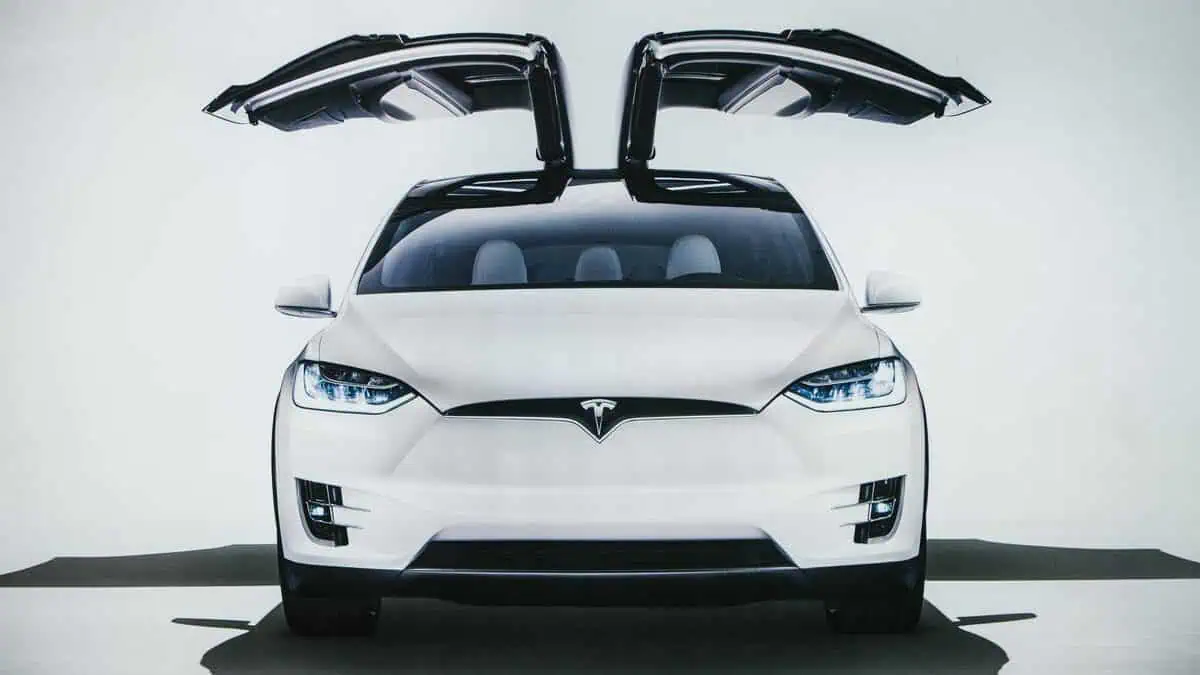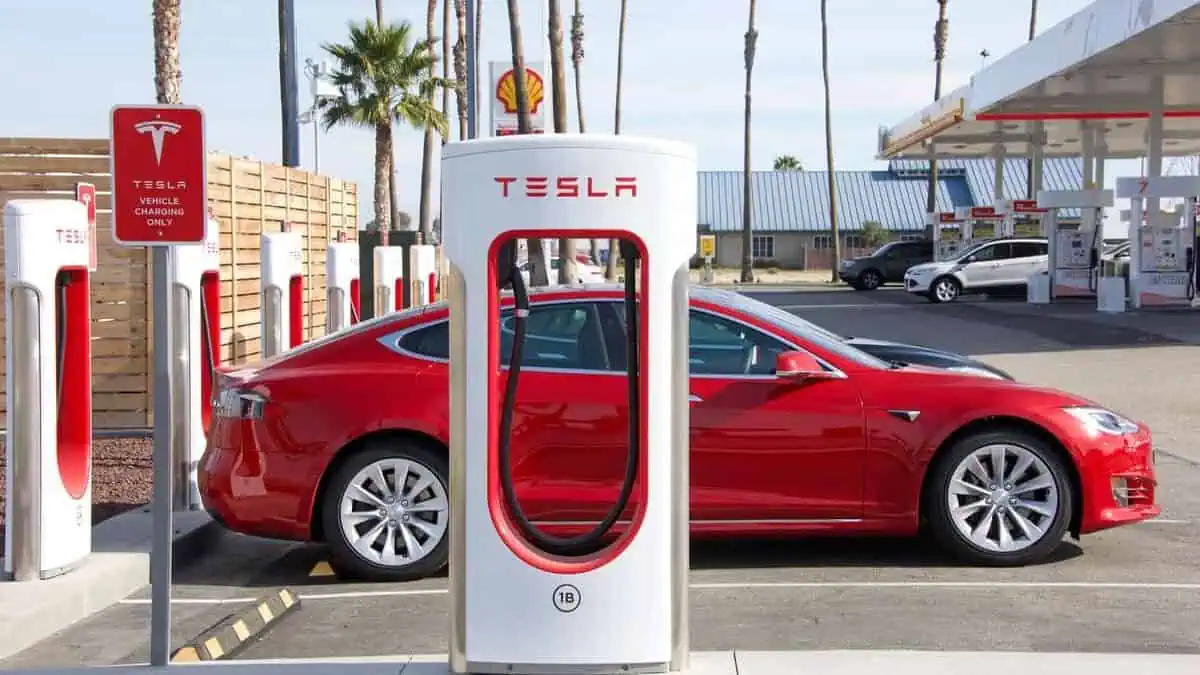Electric vehicle giant Tesla recently held the opening ceremony of its newest “Giga Laboratory” in China. According to the automaker’s official Asian Twitter account, the new retail concept imitates the Giga Shanghai as it aims to demonstrate the company’s manufacturing process to customers.
“Here, customers can feel the hardcore beauty of Tesla.”
Tesla Asia
What’s inside the Giga Lab?
The Giga Lab presents as an impeccable, sci-fi setting with all-white vehicles and accessories on display, along with several production-related objects like assembly robots and EV parts.
A Tesla Model 3 body that is only partially complete hangs from the ceiling on some wires, appearing to be developed on the spot.
Furthermore, completely illuminated booths serve as pedestals for internally created and produced components such as inverters, electric motors, and other parts.
On its official Weibo account, the Musk-led automaker announced the launch of the new “Giga Laboratory” (translation into English:
“The country’s first “Tesla GIGA Laboratory” made a stunning debut. Tesla’s “Most Beautiful Store in Chengdu” unveiled the mystery: An immersive experience of the magic of “building a car in 45 seconds”. Meet up with friends “Chat and take a break.”
Tesla (via Weibo)
Competition
Tesla may be expecting the Giga Lab to persuade Chinese customers that it can perfectly compete with domestic car titans like BYD. In effect, the automaker can secure more sales in the world’s largest auto market.
For context, the Chinese EV behemoth sold five times as many new energy vehicles from January to May 2023. On the other hand, Tesla only sold roughly 200,000 units in China.
See Also:
- Tesla China shutdowns its flagship store in Beijing
- Morgan Stanley analyst says Tesla shopping experience is “as easy as Amazon Prime”
- Tesla partners with Oneida Indian Nation for its first Upstate New York sales showroom
- Tesla voluntarily recalls 137 Model Y over steering wheel issue
- Abandoned Tesla Roadsters in China receive $2M bid
Tesla previously hinted at a shift from traditional retail (physical stores) to online sales in 2019. However, the automaker remained primarily dependent on physical stores to sell its electric cars. In fact, Tesla’s retail and service facilities have more than doubled to almost 1,000 sites worldwide over the past four years.






